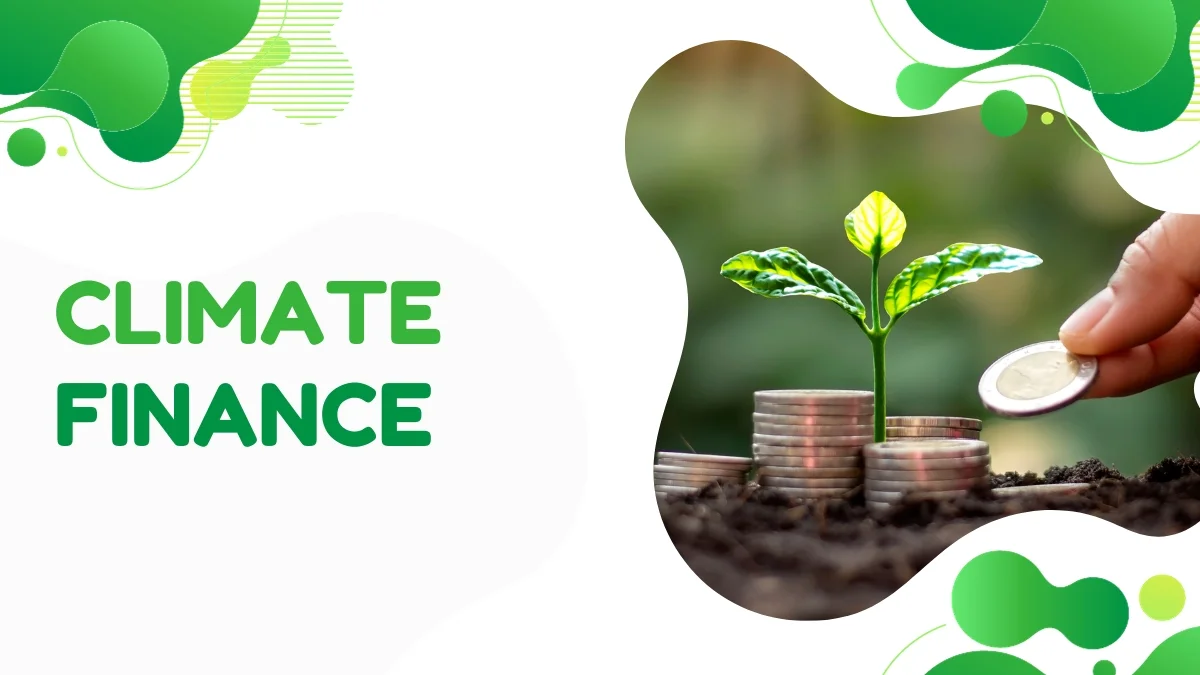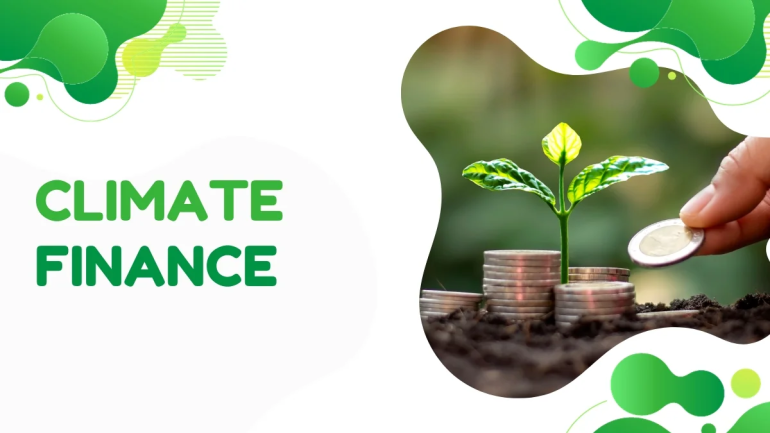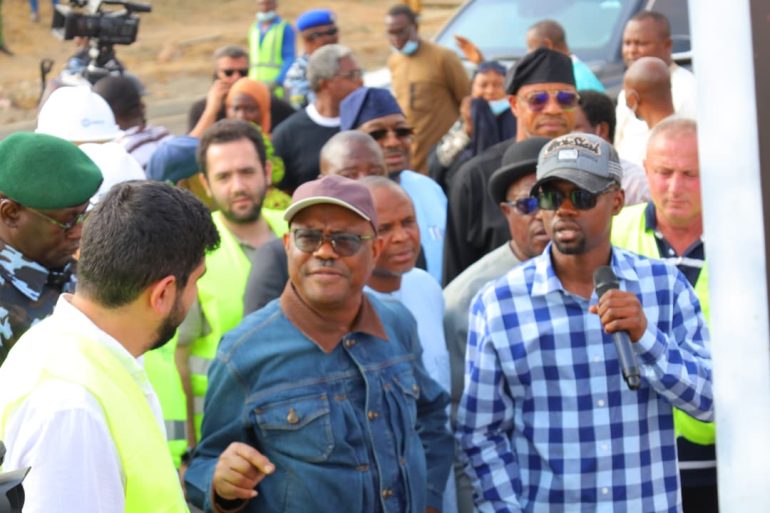Listeners:
Top listeners:
-
play_arrow
104.9FM Best rock music demo
-
play_arrow
Demo Radio Nr.1 For New Music And All The Hits!
-
play_arrow
Demo Radio Techno Top Music Radio
-
 play_arrow
play_arrow
Police Commissioner Launches Weapon and Riot Control Training for FCT Officers Democracy Radio

By Oluwakemi Kindness

Climate advocates in Nigeria are calling for urgent global support to help Africa adapt to the devastating impacts of climate change, stressing that loans are no longer a viable solution for adaptation projects.
Executive Director of Global Initiative for Food Security and Ecosystem Preservation (GIFSEP), Mak David-Terungwa, highlighted that flood, food shortages, and reduced crop yields are already threatening livelihoods across Africa.
Speaking on Wednesday at a media workshop on climate adaptation, he warned that adaptation is no longer optional but a matter of survival.
“First, we need food to live, and with climate change destroying our farmlands and threatening food security, adaptation is a necessity, not a choice,” Terungwa said.
He detailed how recurrent floods, shorter dry spells, and unpredictable rainfall patterns are disrupting agriculture, driving food inflation, and threatening the well-being of millions.
“African farmers are facing crop failures that directly translate into hunger and economic instability. Every day we delay adaptation, we are jeopardizing lives and livelihoods.”
Terungwa also criticized the imbalance in climate finance, noting that Africa has received just $11 billion for adaptation since 2021, far below the $53 billion needed annually.
He called on governments and international institutions to prioritize investments in food sovereignty, resilient infrastructure, and smallholder farmer support.
“Loans are not the answer anymore,” he stressed. “Debt-based solutions only compound our problems. Floods and disasters often destroy infrastructure financed with borrowed money, yet our people are still forced to repay those debts. What Africa needs are grants, debt cancellation, and direct support to communities to survive and adapt.”

In tandem with this call for international support, Program Director, Gee Foundation for Social Justice and Development, Gloria Agema urged Nigerians, civil society, and the media to back the speedy passage of the Environmental, Social and Health Impact Assessment (ESHIA) Bill 2025.
The bill, now before the National Assembly, seeks to replace the outdated 2004 Environmental Impact Assessment Act, introducing stronger provisions for public participation, accountability, and environmental protection.
Agema described the legislation as a “landmark bill” that will safeguard communities, preserve cultural heritage, and ensure development does not compromise public health or environmental integrity.
The bill includes tougher penalties for violations, ranging from N10 million to N50 million, compared to the old N50,000 fine, and establishes a central monitoring agency to enforce compliance.
Both Terungwa and Agema emphasize that urgent action is needed: international institutions must redirect climate finance toward adaptation, while domestic laws like the ESHIA Bill must ensure that development in Nigeria aligns with sustainability, climate resilience, and human rights.
“Adaptation and strong environmental governance are intertwined,” Terungwa noted. “Without adequate funding and effective laws, communities will continue to bear the brunt of climate disasters. We are talking about survival; the future of our children depends on the actions we take today.” Agema added, “It is our duty as citizens and media to ensure the bill does not just sit on a shelf. Proper assessment and accountability are key to protecting lives and the environment.”
The combined push for global support and domestic legislative reform underscores the urgent need to strengthen Africa’s climate resilience and protect vulnerable communities from the escalating threats of climate change.
Written by: Toyeebaht Aremu
#Adapt2live #DemocracyRadio #GIFSEP
Similar posts
Copyright Democracy Radio -2024


